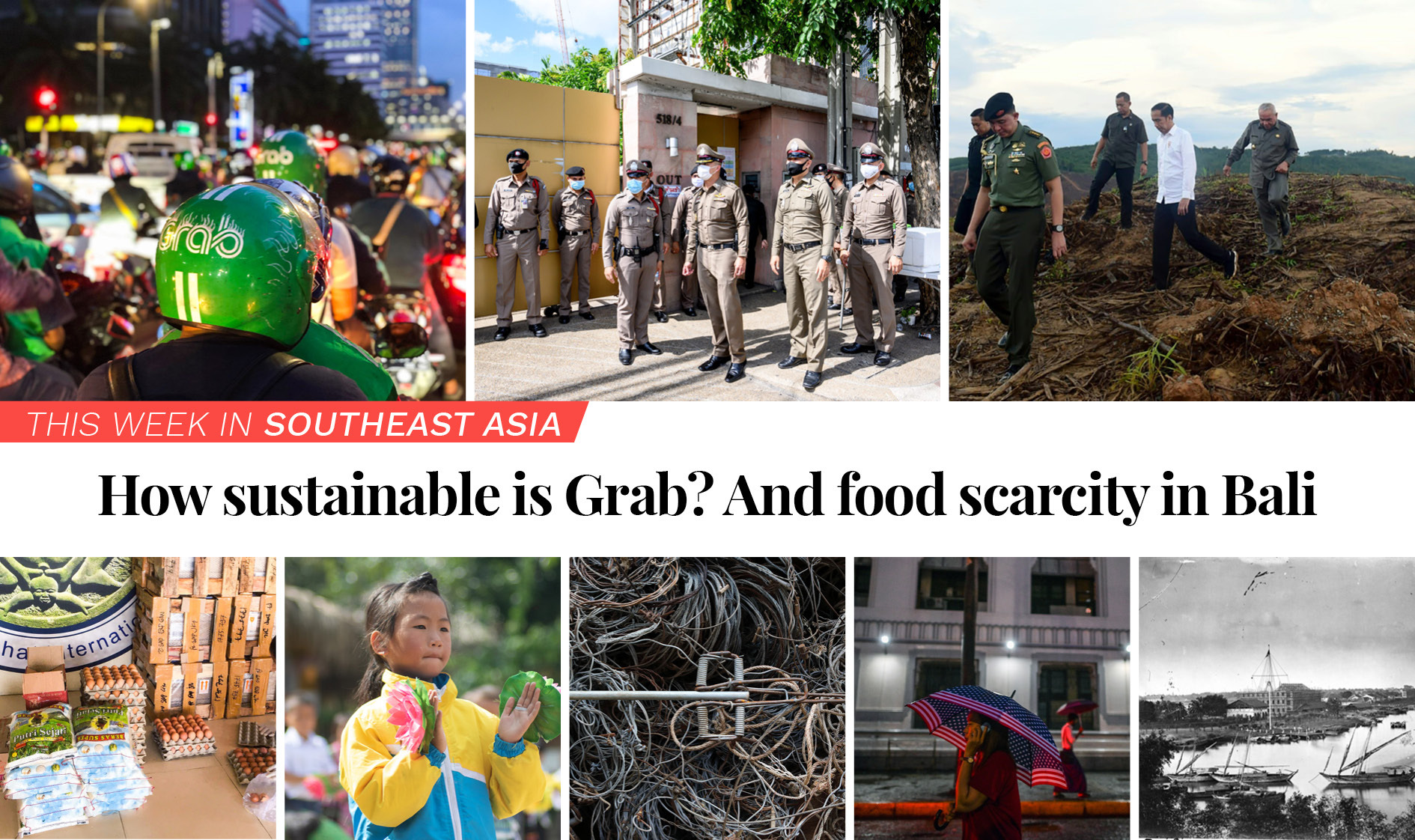Will Grab ride out the pandemic, or crash without a single dollar in profit?
Researcher Onat Kibaroğlu wrote in from Singapore, hometown of popular rideshare app Grab, to sketch out the prospects of the state-backed tech company amidst the pandemic and global economic downturn. With no profit in the tank and a growth strategy dependent on marketing and investment, will Grab crash and burn or successfully ride out Covid-19?
Bill aims to finally end trend of enforced disappearances in Thailand
The issue of government-affiliated enforced disappearances has taken centre-stage in Thailand once again following the suspected abduction of Wanchalearm Satsaksit last month. The Globe’s eyes and ears in Thailand Wanpen Pajai dissects a bill recently tabled to finally put an end to this deadly practice.
As the virus ravages Indonesia’s economy, will the new capital be shelved?
As Covid-19 continues to rage through Indonesia, Alexi Demetriadi takes a look at how the country’s badly faltering economy and the reallocation of funds towards virus relief are set to impact the grand $33 billion plan to relocate the capital to East Kalimantan.
Snares empty forests in Laos, Cambodia and Vietnam
Snares are emptying forests of their creatures to fill dinner plates in urban Southeast Asia — and regional governments just aren’t keeping up to put a stop to the killing. Those were some of the findings of a World Wildlife Fund report published last week on the illegal wildlife trade that called for a stronger approach to prevent these crimes against nature.
As tourist numbers dwindle, food security on the mind of Bali’s residents
Bali has long been a magnet for tourists, prompting the local economy to shift to meet high demand for hospitality. But now, with international tourism all but eliminated due to the Covid-19 pandemic, local livelihoods have been wrecked and people are struggling to keep food on the table.
How to advance US-Myanmar relations? Go after the low-hanging fruit
With US-Myanmar relations at a low ebb on several fronts, not least the Rohingya issue, observers on both sides of the negotiating table have identified pieces of low-hanging diplomatic fruit that could get the two nations back on track
The untapped economic potential of Vietnam’s ethnic minority groups
In the face of the global economic downturn, how might harnessing the untapped potential of ethnic minority youth not only build a more equitable and sustainable Vietnam, but also accelerate the country’s economic recovery?
[Photos] A rare glimpse of undeveloped and small-town Saigon in 1867
Ho Chi Minh today is a sprawling megacity home to over 21 million people across its metropolitan area. But back in 1867, it was still a small and serene town sitting on the banks of the Saigon river, as these archive photos show. This story was originally published on Saigoneer.


